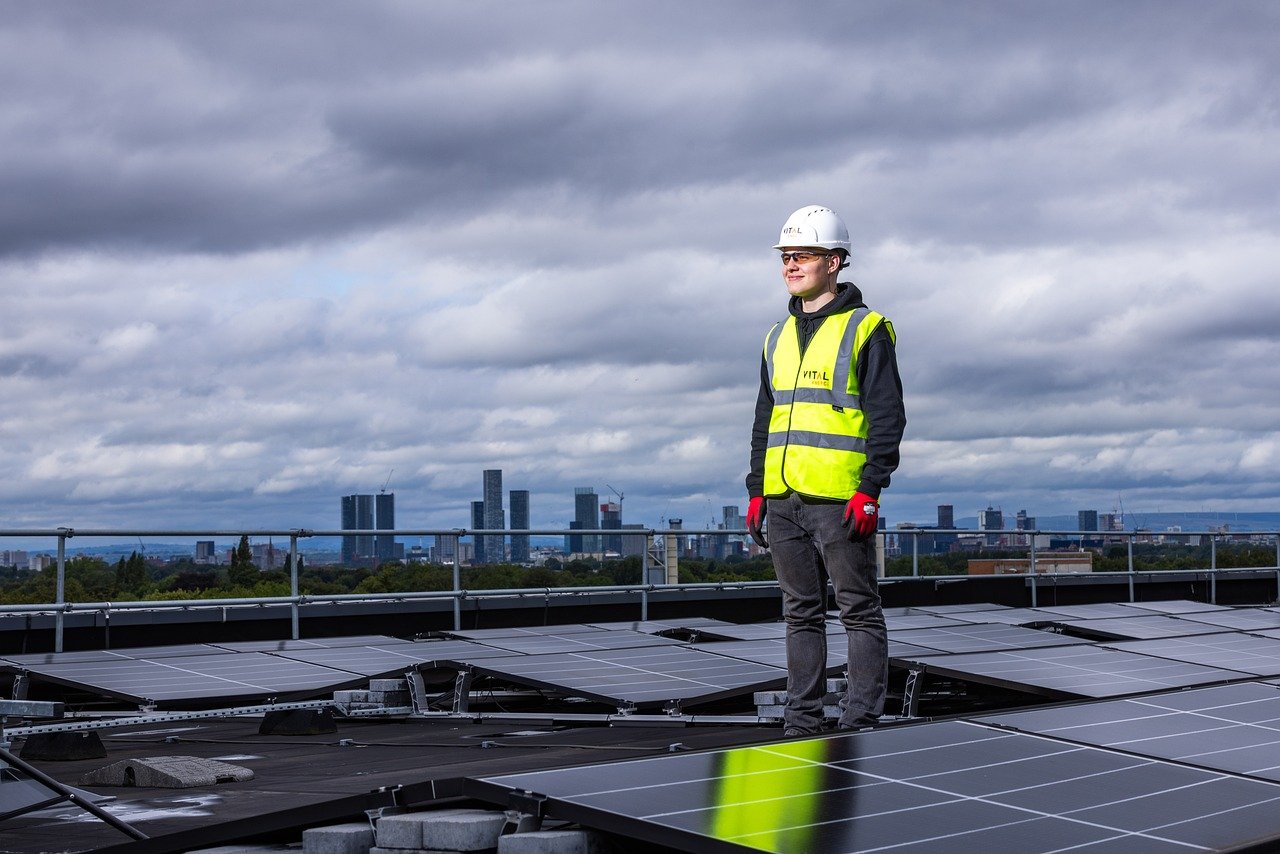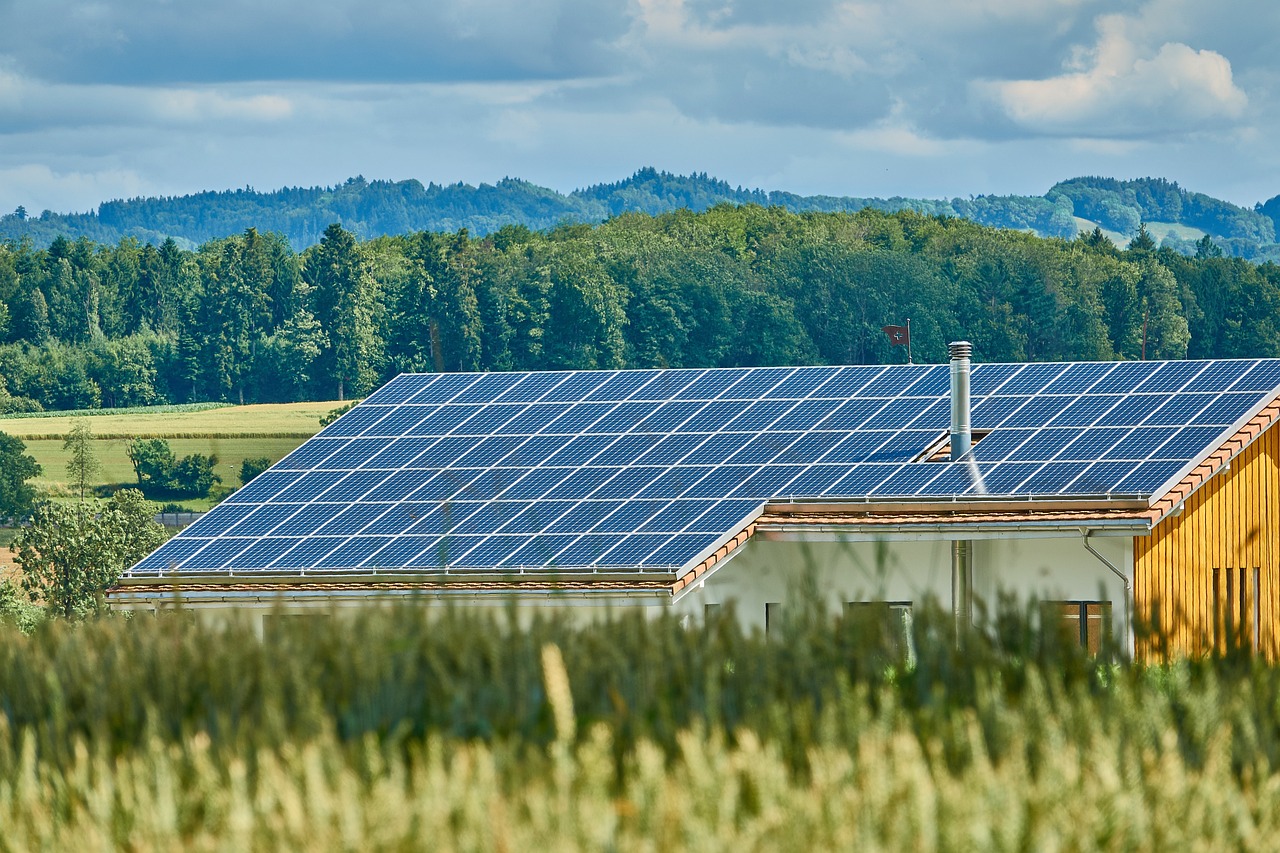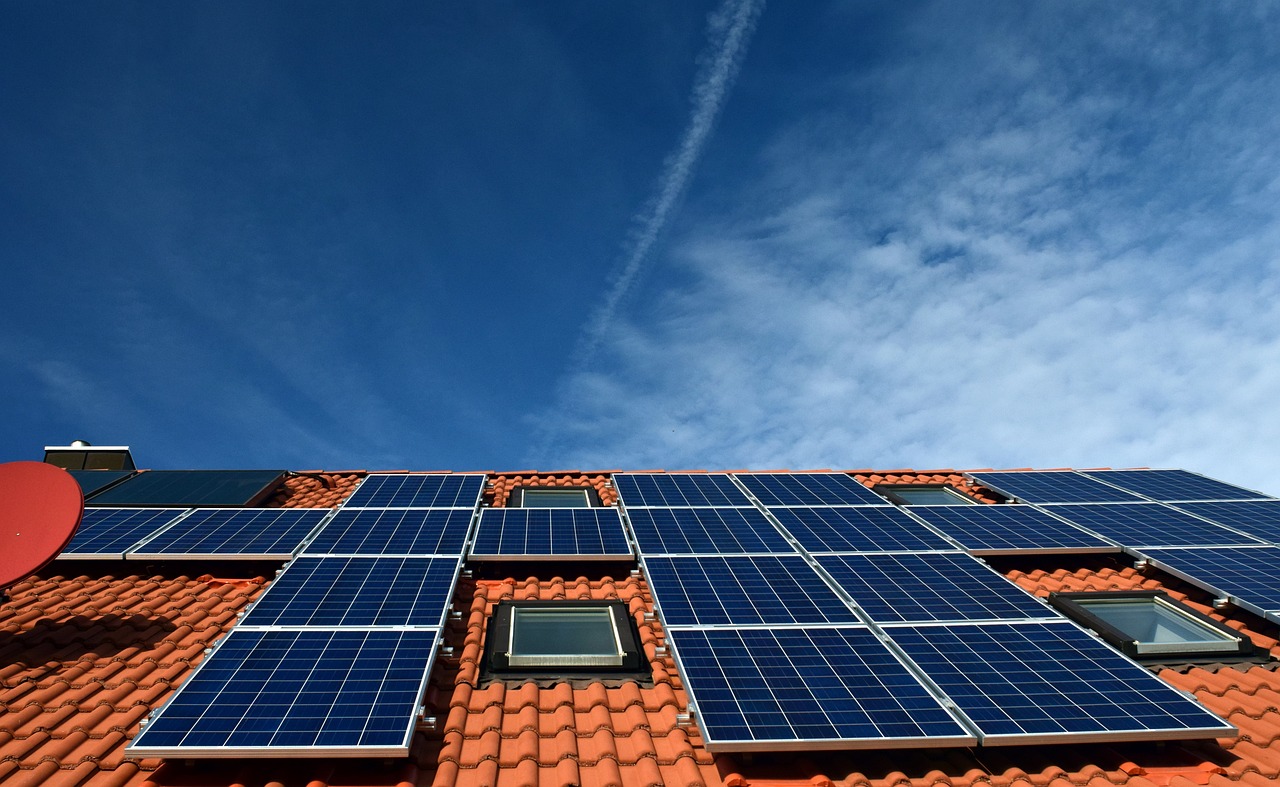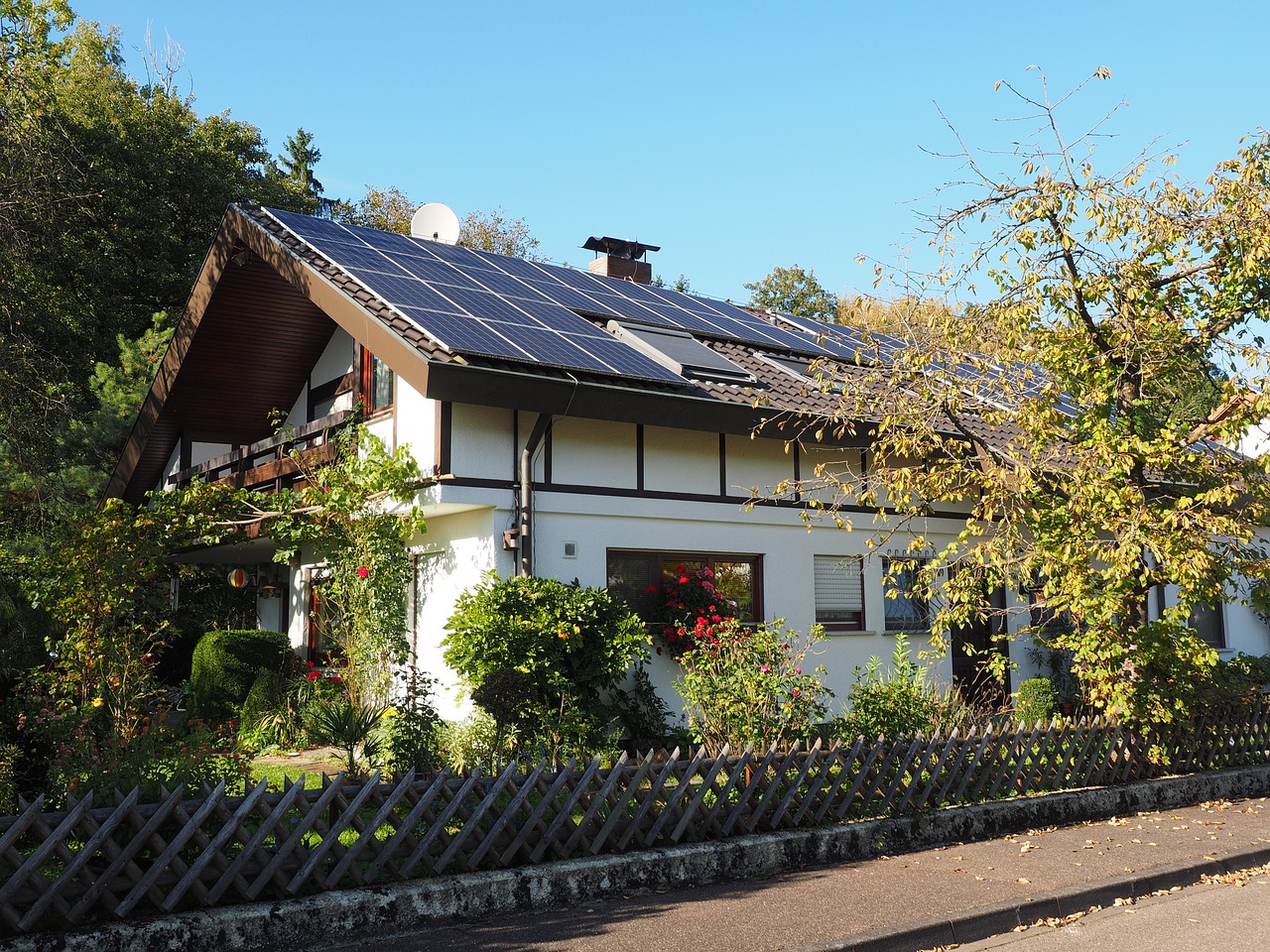Currently Empty: $0.00

The solar energy industry has been growing at an unprecedented rate driven by the need for cleaner renewable energy sources to combat climate change. i of the important Parts of whatever solar force unit is the solar module. As more homeowners and businesses turn to solar energy it is decisive to understand what solar modules are their types and how they Add to harnessing solar energy efficiently.
What is a Solar Module?
A solar module also known as a solar panel is a collection of solar cells arranged in a grid-like Layout on a flat surface. these cells are liable for evangelism sun into electrical energy done amp work renowned arsenic the photovoltaic force. Solar modules are Layouted to capture sunlight and convert it into direct current (DC) electricity which is then converted into alternating current (AC) using an inverter. this actinium force get work old to Check appliances lights and different electric devices inch homes offices and developed settings

How Do Solar Modules Work?
Solar Modules be away exploitation photovoltaic cells which are normally successful from si semiconductor device matter. When sunlight hits these cells photons from the sun’s rays knock electrons loose from atoms in the silicon. this Produces amp run of electrical energy which is extremely poised away metallic conductors. The resulting electrical energy can either be used immediately or stored in solar batteries for later use.
Types of Solar Modules
There are various types of solar panels available each Layouted to meet specific needs and Productivity requirements. under we discourse the about green solar module types.

1. Monocrystalline Solar Panels
Monocrystalline solar modules are made from a single continuous crystal structure. these panels are defined away their bleak colour and great Productivity. Monocrystalline panels are known for
- High efficiency rates (15%-22%), making them ideal for homes with limited roof space.
- Durability and longevity, often lasting for more than 25 years.
- Better performance in low-light conditions compared to other types of solar panels
2. Polycrystalline Solar Panels
Polycrystalline solar panels too renowned arsenic multicrystalline panels are successful from si crystals that are liquid collectively. Unlike monocrystalline panels polycrystalline panels have a bluish hue due to the multiple crystal structures. name Characteristics include:
- Lower be than monocrystalline panels devising them further budget-friendly
- Moderate Productivity rates (13%-17%) which are somewhat less than monocrystalline panels
- Easier to get consequent inch less industry costs
These panels are associate in nursing superior alternative for those look to correspondence Productivity and be Even if they get not work arsenic prompt inch low-light environments
3. Thin-Film Solar Panels
Thin-film solar modules are made by depositing one or more layers of photovoltaic material onto a substrate such as glass plastic or metal. these panels are extremely mobile and get inch different types:
- Cadmium Telluride
- Amorphous Silicon
- Copper Indium Gallium Selenide
Advantages of thin-film solar panels include:
- flexibility and light plan devising them abstract for non-traditional installations
- lower sensibility to great temperatures which get work good inch good climates
- easy facility appropriate to their versatile cast factor
4. Bifacial Solar Panels
Bifacial solar modules can capture sunlight from both sides of the panel, increasing their overall efficiency. They are typically made using monocrystalline cells and are often used in ground-mounted solar systems where reflected sunlight can enhance energy capture. Benefits include:

- Higher efficiency as both sides of the panel contribute to electricity generation.
- Durability with glass on both sides, providing protection against environmental factors.
These panels can generate up to 30% more energy than traditional single-sided panels.
Factors to Consider When Choosing Solar Module Types
Choosing the right solar module is difficult to optimizing energy production and ensuring long-term Productivity. hera are around factors to consider:
1. Efficiency
Different types of solar panels offer varying levels of Productivity. monocrystalline panels mostly bid the ultimate Productivity devising them good for mean spaces where increasing force yield is essential
2. Cost
Budget constraints often play a significant role in the choice of solar modules. spell monocrystalline panels bid the trump operation they are too the about costly. Polycrystalline and thin-film panels are more affordable but may not be as efficient.
3. Durability and Lifespan
The life of solar faculty is different name agent.
4. Climate and Installation Area
Consider the mood where the panels leave work installed.
Benefits of Using Solar Modules
- Renewable Energy Source: Solar panels harness sunlight which is a renewable Supply reducing Requirement on fossil fuels.
- Lower Electricity Bills: Installing solar panels can very importantly reduce electricity costs over time.
- Low Maintenance Costs
- Eco-Friendly
Frequently Asked Questions (FAQs)
Q1. What is the life of Solar Module
Most solar modules bear amp life of 25-30 age. However they can continue to produce electricity beyond that period with reduced Productivity.
Q2. Are solar panels affected by weather?
Solar panels are organized to hold different endure conditions including c rainfall and come. However their Productivity can be affected by extreme heat or shading.
Q3. Can I install solar panels on my own?
While it is technically contingent we advocate employment amp master installer to check best position and Productivity.
Q4. How many types of solar panels are there?
There are 4 main types:
- monocrystalline
- polycrystalline
- thin-film
- Bifacial solar panels
Conclusion
Solar modules are a cornerstone of renewable energy Answers. away reason the different types of solar panels free and however they run homeowners and businesses get get knowledgeable decisions to rule solar Send in effect. Whether you are looking to reduce your energy bills support sustainability or achieve energy independence choosing the right solar module can make all the difference.


